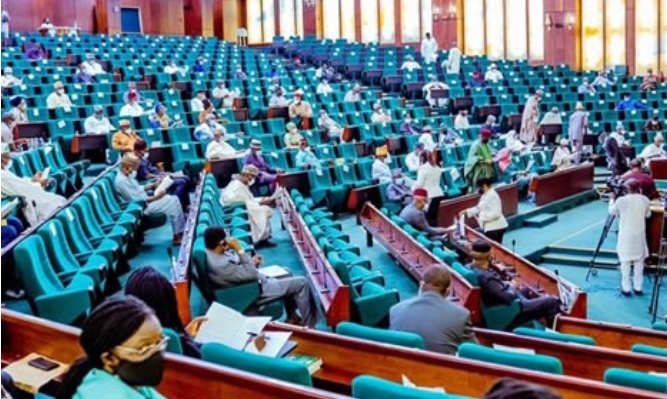Nigeria may be on the verge of its most significant administrative restructuring in decades, as the House of Representatives has received proposals seeking the creation of 31 additional states across the country. If approved, the move would expand Nigeria’s state structure from 36 to 67, reshaping its geopolitical and governance framework.
The proposals, announced during a plenary session on Tuesday by Deputy Speaker Benjamin Kalu—who also chairs the House Committee on Constitution Review—reflect long-standing demands for greater administrative representation. While acknowledging the aspirations of various ethnic and regional groups, Kalu stressed that the process of state creation is constitutionally stringent and requires multiple layers of approval.
Constitutional Hurdles and Legislative Process
Under Section 8 of the 1999 Constitution (as amended), creating new states involves a rigorous process, including approval by the National Assembly, endorsement by state legislatures, and a referendum in the affected regions. The President’s assent is also required to finalize any changes.
Kalu reaffirmed that the 10th National Assembly remains committed to a constitutional amendment process that aligns with citizens’ aspirations while ensuring national stability.
“The House recognizes the calls for restructuring and administrative decentralization, but state creation is not just a political exercise—it is a constitutional responsibility that demands broad consensus and legal compliance,” he said.
The Proposed New States
The 31 proposed states span all six geopolitical zones, reflecting widespread calls for administrative restructuring, better governance, and a fairer distribution of resources. Some of the key proposals include:
- North Central: Okun, Okura, and Confluence (Kogi); Benue Ala and Apa (Benue); FCT State
- North East: Amana (Adamawa); Katagum (Bauchi); Savannah (Borno); Muri (Taraba)
- North West: New Kaduna and Gurara (Kaduna); Tiga and Ari (Kano); Kainji (Kebbi)
- South East: Etiti, Orashi (6th state in the zone); Adada (Enugu); Orlu and Aba
- South South: Ogoja (Cross River); Warri (Delta); Ori and Obolo (Rivers)
- South West: Torumbe (Ondo); Ibadan (Oyo); Lagoon (Lagos); Ijebu (Ogun); Oke Ogun/Ijesha (Oyo/Ogun/Osun)
Historical Context and Economic Concerns
The last major state creation in Nigeria took place in 1996 under the military regime of General Sani Abacha, bringing the number of states from 30 to 36. The current proposals, if enacted, would mark the largest administrative expansion in the country’s history.
However, the debate over new states has sparked mixed reactions. Proponents argue that additional states would enhance governance, improve resource allocation, and address ethnic and regional demands. Critics, on the other hand, warn of the economic implications, pointing to the heavy dependence of many states on federal allocations.
Legal scholars also highlight the difficulty of achieving broad political consensus, with concerns over revenue generation, infrastructure needs, and fiscal responsibility.
Next Steps
The House has referred the proposals to the Committee on Constitution Review, which will conduct legislative scrutiny, stakeholder consultations, and public hearings. The process will also require collaboration with the Senate, state legislatures, and ultimately, approval through a national referendum if the proposals advance.
As Nigeria navigates these discussions, the outcome will not only shape its political map but also test the feasibility of large-scale administrative restructuring in a country facing economic and governance challenges.

